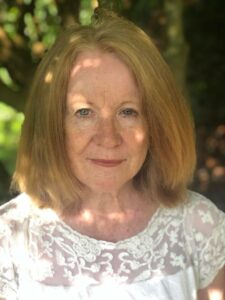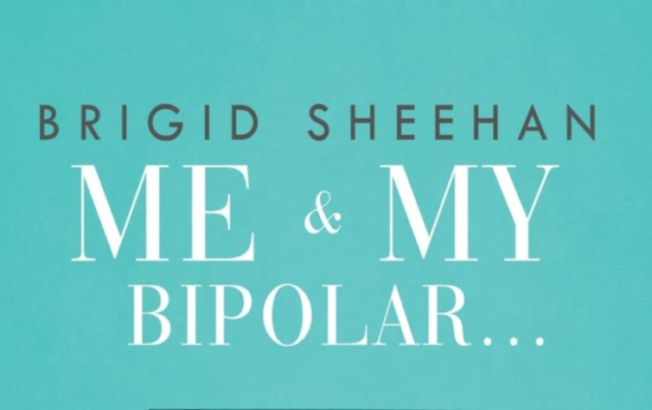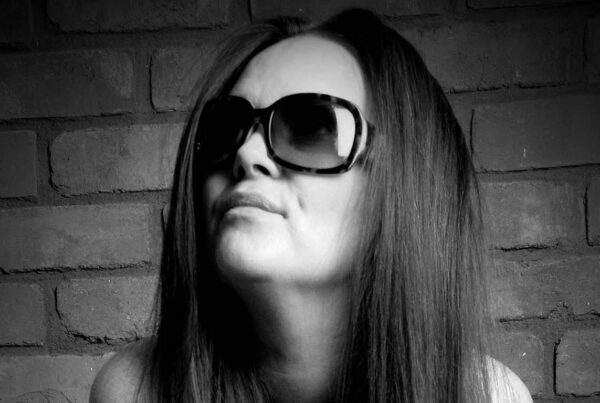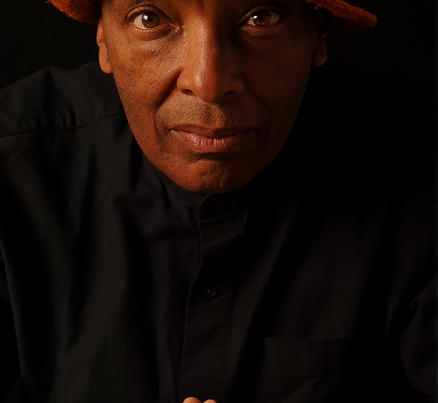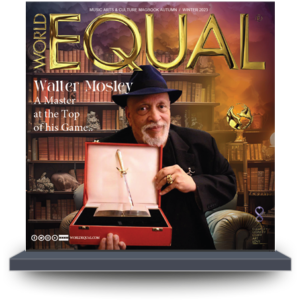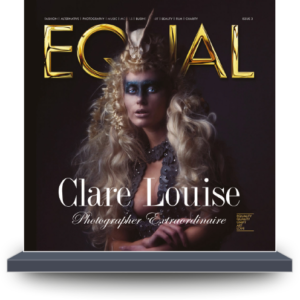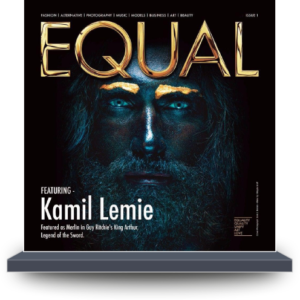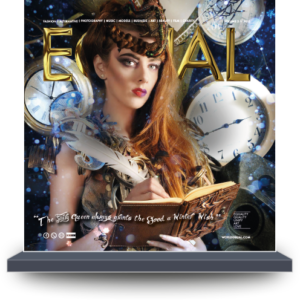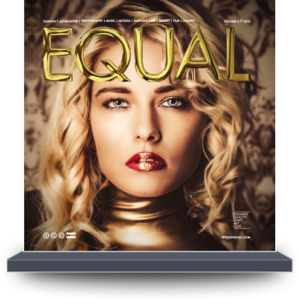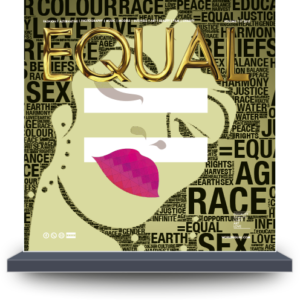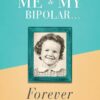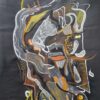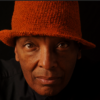Last Updated on 20/06/2024 by Equal
Me and My Bipolar…Forever Together
I don’t know why I was the lucky one among my five siblings to develop the bipolar disorder that had manifested itself in many of my extended family. Eventually discovering that secret was a real turning point as I thought I was the only one and that it was my fault. Bipolar has never become a friend but I have learnt ways to manage it reasonably well that suit me and almost to appreciate some of the unique qualities that go with it. In the UK, 1 in 50 people are living with bipolar disorder, which is approximately 1.3 million people. Even with such a high number of cases, 72 per cent of those who are diagnosed with bipolar do not know someone else with the condition. Fear, stigma and the resulting secrecy must play a significant part in this despite more seemingly accepting attitudes in recent years. Writing this memoir was a leap of faith. It was during a Covid lockdown, and I had just retired. It just tumbled out and covered the impact of bipolar on my whole life cycle from childhood through teenage years, friendships, career building, having a family, menopause and onwards. A wry, inevitable manic-depressive sense of humour in the book reflects one of my lifelong coping mechanisms. It is not a prescriptive tale as it is purely my story, but I hope it shines some sort of light on a difficult, poorly understood medical condition. Writing it made me feel liberated and stepping into the glossy, beautiful pages of World Equal magazine makes me feel that I must be in the wrong place with my modest memoir about bipolar. And yet I wonder if some of the creative contributors have experienced the imaginative highs and lows that I have. Creativity and bipolar are often linked along with the depths of despair. Conventional treatment, which hasn’t changed in decades, produces numbing conformity and can kick the libido into the back of beyond. For some, it is the only way to manage while others bravely live on the edge. I can only offer my own lived experience and hope it helps.
World Equal magazine chatted to Brigid about the book and when and why she wanted to write it.
WORLD EQUAL: When you first started feeling your depression episodes coming on, what were your symptoms? And what age were you when they started?
BRIGID: I wrote my memoir covering my whole lifespan as I believe my first experience of depression was at age 7 following a house move and the sudden loss of friends and my familiar environment. Children would not have been seen as depressed at that time and it is something that is frequently overlooked today. My symptoms were deep sadness, acute shyness, detachment and I would talk to an imaginary friend. Things improved the following summer when we were outdoors doing sports and I made friends. I did not have those feelings so acutely again until I was 18 although they would surface from time to time in my teens.
WORLD EQUAL: You seemed to start having episodes in the 1970’s when people were not as well informed about bi-polar as an illness. What were your family’s general response? Was there a stigma about someone in the family with a mental issue?
BRIGID: In the 1970s bipolar was still called manic depression and the term was not applied to me. My GP called it exam depression as I was doing my A Levels and there was no expectation on my part that it would be a chronic condition. I was very ill and, looking back, my mother must have recognised the illness that her sister suffered from acutely, but she must have hoped that it would be different for me. I don’t think it was so much stigma as a determination on my mother’s part to protect me. It was not a secret among the wider family and friends.
WORLD EQUAL: You describe depression as being painful, was it both mental as well as physical pain involved?
BRIGID: From the age of 7 I experienced depression as numbness, hopelessness and a feeling in my chest that many people would associate with grief. This, together with a loss of concentration remains the case.
WORLD EQUAL: When you found that you had family members who also had mental issues, how did it make you feel?
BRIGID: I felt very sad to know that my aunt had suffered horribly. I was fond of her, and she was my Godmother. I wished I had known about this. Her condition was shrouded in secrecy. From my point of view, I was really relieved to know that there was an explanation, and it was not all my fault. It also seemed to explain some of the behaviour of uncles in my family who self medicated with alcohol but were talented when well.
WORLD EQUAL: How did your friends who discovered you had mental issues treat you, especially your university friends. How open were you with them, about your illness?
BRIGID: When I went to university it was like a new beginning and I was well. I did not expect to be depressed again and I did not share my depression at that time. My old school friends lived through the depression with me and just accepted it. One of the best things about the book was that they found me forty years later on google and we now meet up for lunch every few months being our old 15-year-old selves.
WORLD EQUAL: In your book you write that while you were in Canada, depression played a large part in your life. After those times, how difficult was it to “get back on the horse” so the speak, and resume your life?
BRIGID: My psychiatrist in Canada always said I had a capacity to “function on automatic”. Other than when I was in hospital for several months I worked and managed with drug therapy plus the support of Canadian friends who were just accepting, and I don’t know why.
WORLD EQUAL: When were you officially diagnosed with a bi-polar disorder?
BRIGID: I think it was around 1982. Because my episodes tend to be depressive rather than manic my psychiatrist decided that although it looked like “unipolar” she would trial lithium and it proved to be bipolar.
WORLD EQUAL: When you decided to have a family, how reluctant was your partner Joel, because of your illness?
BRIGID: I was the reluctant one who was worried about passing on faulty genes. Joel never seemed to have any doubts or not ones he shared.
WORLD EQUAL: How has the taking of medication for many years affected your health, both psychologically as well as physically?
BRIGID: Physically I know that lithium and antidepressants take a toll. I always have regular checks to ensure my kidney function. Psychologically I could not have managed any other way and I admire those who do. I tend to think of bipolar as a physical condition that has mental health manifestations.
WORLD EQUAL: How do you feel about alternative treatment for Bi-polar disorders. Why would you recommend or not recommend them? e.g. Fish Oil, Golden Root, meditation, Inositol, Choline, yoga, acupuncture etc?
BRIGID: I did once try a new therapist who was against drug treatment, and this quickly resulted in my hospitalisation. I have not tried any other alternatives, but I recommend being active and time spent outdoors. I think everyone needs to find their own path, but I feel it is important to let friends know what you are doing from a safety point of view in case difficulties arise.
WORLD EQUAL: How did your bi-polar condition affect your sons growing up?
BRIGID: I think that only they could answer that. I hope I limited the impact by keeping religiously to my drug treatment, but it must have had an effect, mitigated by Joel. There must have been times when I appeared a bit vacant or preoccupied.
WORLD EQUAL: What inspired you to write your book?
BRIGID: I had the freedom and time in Covid lockdown and having left the constraints of being a social worker I was able to focus on myself for a bit. I didn’t plan to write the book, but I did feel it would be good to share a lived experience that people might be able to relate to. I wish I had had a book like it when I was a teenager.
WORLD EQUAL: In your opinion how has more public awareness of the bi-polar condition affected society’s response to you?
BRIGID: It has really helped that some brave people in the public eye have opened up about their mental health. That said, it is a largely invisible illness and I hear attitudes that suggest beneath the surface there is still a lot of fear, ignorance and mistrust. Throughout my working life, I have always had to declare my bipolar disorder on job applications, and I have always shared it with trusted colleagues that I know would tell me if they felt I needed help. I see that as an essential insurance.
WORLD EQUAL: In your book you wrote that you don’t recall having many manic incidents or times. That being the case, why did the doctors classify your condition as bi-polar rather than just depression?
BRIGID: As mentioned above, my psychiatrist decided to test a hunch. I did not have many manic episodes, outrageous shopping and so forth, but I was clearly psychotic when hospitalised so that confirmed her diagnosis. I think I would have experienced more manic episodes were it not for the capacity to function on automatic.
WORLD EQUAL: I understand you have just finished a new book. Tell us about it and what made you write it?
BRIGID: This book was inspired by the technological challenges that are frustrating some of my friends at the Bowling Club, which while amusing at times can cause a serious problem of exclusion from aspects of everyday life. It was also inspired by the death of a dog walker in our neighbourhood who was killed by her own Bully XL while walking five other dogs. In the story, sixty-seven year old Lucy wryly charts her daily struggles and those of her friends, with frustrating technological changes that impact increasingly on aspects of life in their charming, albeit isolated, rural village with its bowls club, pubs, small holdings, church, school, unisex hair salon, care home for the elderly, bank in the process of closing and tiny police station. Lucy would like every device to have a big button to simplify and enable access for everyone to technology. Lucy’s two sons are in their thirties bring an alternative perspective as a dark side to village life shows itself with fight dogs and bait dogs, gambling, drugs and organized crime in a tradition that goes back decades and involved their late father as a child as well as his siblings and grandparents. The vicar also played a pivotal role prior to his suicide, conflicted by his calling and his lifelong addiction to dog fighting. There are comic and bittersweet moments as the story unfolds, and the Dad’s Army of bowlers are key to the life of the community in a setting where age can be seen as an asset, at least by the elderly! It’s called The Big Button and has just been published on Amazon.
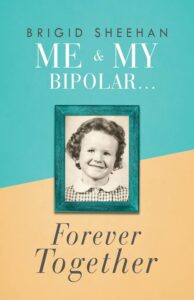
WORLD EQUAL: That sounds great! Thank you for talking to us Brigid and I look forward to reading the new book.
Proceeds from the book Me and My Bipolar… Forever Together by Brigid Sheehan will raise vital funds for Shawmind, a Newark-based mental health charity and is available on Amazon and through Trigger Publishing 